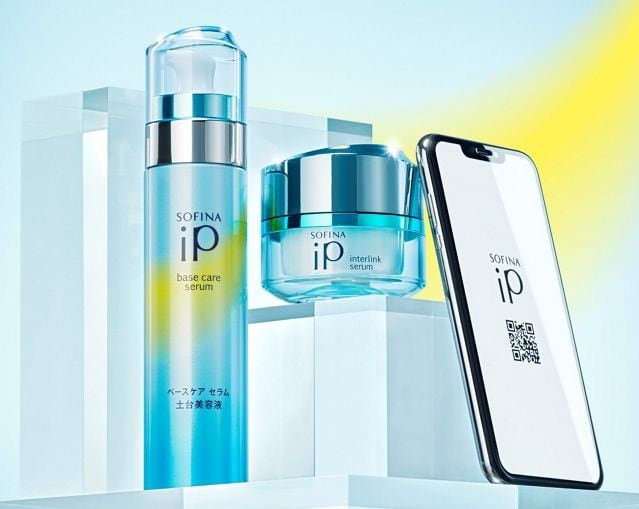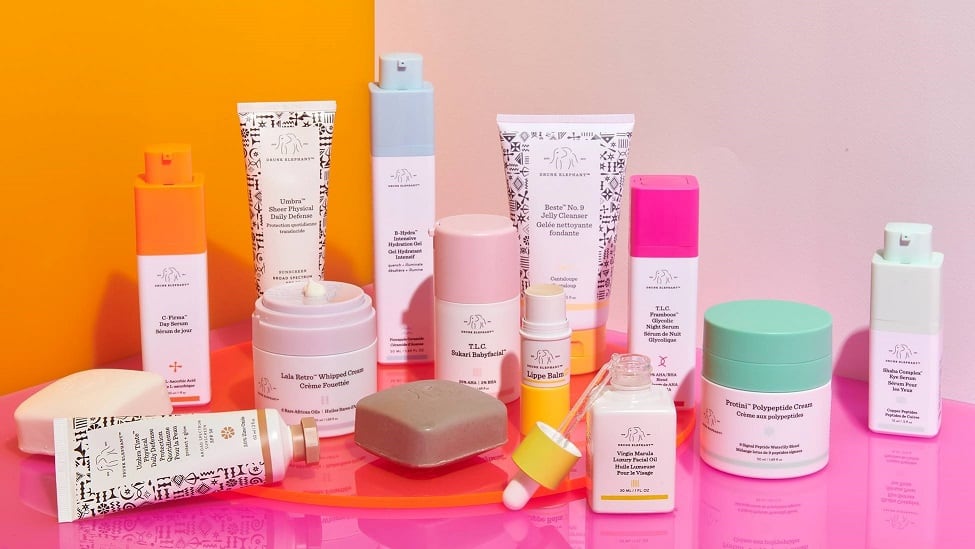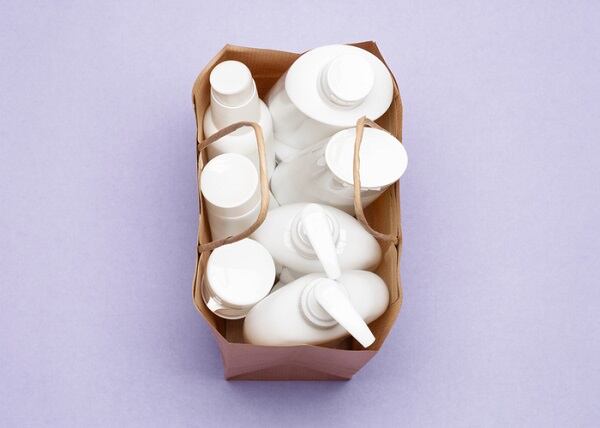The challenge is made more complex with China’s rapidly increasing appetite for cosmetic products.
“In China, beauty consumers demand for products and services are constantly increasing. The current consumer trend of skin rejuvenation in China is strengthening, and the purchasing power of the 18 to 24 age group is rising,” said Katherine Weng, general manager of Mary Kay China.
To cater to younger consumers, Weng said the company was focusing on more “bold and interesting” products from its Pink Young range in the next five years.
“This sub-brand was launched in 2019 and features a rich product line that offers a new generation of bold and beautiful makeup solutions through classic essentials and seasonal and trendy styles,” said Weng.
While the consumer base is getting younger, it is also becoming more mature in their understanding of skin care and make-up products. According to data from Tmall, the user base of essence products has dropped to 18 years old as of last year.
As a result of this, consumers are increasingly demanding high-quality, high-efficacy products. According to Weng, this is especially important for consumers born in the 1990s.
In order to cope with this trend, the company relies heavily on research and development efforts.
In 2018, the company invested around $50m in the Mary Kay Science and Technology Center, located in Shanghai at the Zhangjiang National Science and Technology Center, which is known as China’s ‘Medicine Valley’.
The facility features five laboratories including a bioactivity lab, an analytical and a phytochemistry lab, an analytical precision instrument room, a formula lab and a consumer products lab.
According to the firm, the facility’s main focus is to develop global nutrition and health products, an area which it believes holds potential for the Chinese market.
“Three years ago, Mary Kay China expanded outside our core product category by developing and introducing nutritional products in the Chinese market. We are fostering balanced beauty: skincare and make-up to help make the skin more beautiful externally and nutritional products to help make the body healthier internally,” said Weng.
Additionally, the company sees the need to increase its online presence as well. It has launched a new ordering channel which enables consumers to use apps such as WeChat to place orders with their independent beauty consultants.
Value-added classes
Beauty consumers in China have changed significantly since Mary Kay entered the market. Especially in terms of knowledge, Weng pointed out.
“The original intention of a beauty class was to enable women to fully understand their skin and the range of cosmetics suitable for it. When we first entered China in 1995, most women barely had any knowledge of skin care and skincare routines, so we designed small beauty classes with three to six people per class. The classes were intimate and interactive, and helped women learn how to care for and understand their skin in an experiential environment.”
After more than 20 years in the market, the firm now has to compete with on-demand information on skin care and make-up in one of the most digitally saturated markets in the world.
This has pushed the company to update its classes in order to stay relevant. For instance, Mary Kay China’s beauty classes have evolved to include sophisticated technology, adding value for consumers in the process.
“The classes now feature high-tech tools such as the skin analyser that leverages artificial intelligence technology and is equipped with a precision 50x optical lens. The skin analyser provides the Independent Beauty Consultant and her customer a real-time skin analysis to understand the six dimensions of skin: moisture, oil, elasticity, pores, skin tone, and sensitivity,” said Weng.
She stressed, however, that the role of the Independent Beauty Consultants still remained crucial to its business and the technology enhances their role.
“The role of Independent Beauty Consultants in these classes is vital so they can help women assess their skin needs to find out what skincare products and routines meet their requirements.”
For instance the skin analysers help consultants personalise skin care regimens and product recommendations for customers more efficiently. They can also use Augmented Reality technology to allow consumers to virtually try on makeup using their mobile phone camera.
“There will be more innovative technologies to connect Independent Beauty Consultants and their customers to enjoy online convenience and experience the ultimate personalised service offline,” Weng concluded.





